Sergeant Owen Messenger addresses some misconceptions
A Devon and Cornwall Police officer has busted some of the myths around speed camera vans in a video on social media.
Sergeant Owen Messenger has become a well known figure on YouTube and TikTok with his collaborations with GCM, a channel aimed at educating drivers on road safety.
The videos include a range of topics from drink and drug driving to number plate laws and car modifications. They've also previously spoken about tips for towing caravans and road safety around horses.
Sergeant Messenger has now started a video series with Vision Zero South West, a partnership between a number of organisations across Devon and Cornwall, which aims to drive down serious injuries and deaths on our roads.
In a recent video, Sergeant Messenger addressed some of the common misconceptions around police speed camera vans.
Below are some of the most commonly asked questions.
- Why do you enforce speeding?
Speed is a major contributory factor in fatal and serious road collisions which we, as part of the Vision Zero South West road safety partnership, want to eliminate. Travelling too fast gives you less time to react if something happens and significantly increases your chances of sustaining serious or fatal injuries in the event of a collision.
- Why do you enforce speed at the sites you do?
Enforcement sites are chosen based on data, intelligence and feedback or concerns from the local community – whether it’s residents, councillors or Community Speedwatch teams.
- Can you stand in front of a speed camera van to block its view?
No, if you stand in front of a camera van, you are obstructing police in the carrying out their duties, which is an offence.
- Can I flash my lights to warn other cars about a speed camera van?
Warning another driver about a speed camera van is not an offence and could result in other drivers slowing down, which is ultimately the aim. However, as Sgt Messenger points out: “Would you flash a burglar to tell them the police were coming? Probably not, and it’s the same principle.”
- Do they have to be operated by police officers?
No, the chief constable can designate powers to members of police staff to operate the equipment and carry out speed detection.
- With modern car technology and improvements to things like brakes, shouldn’t the speed limit be higher?
While driving technology has certainly progressed significantly in recent years, cars are still operated by humans who can mistakes. Sgt Messenger says: “The majority of collisions we attend are down to driver error and your reaction time is exactly the same in a modern car as it would be in a car from 30 years ago.”
- What are all the CCTV cameras for on speed detection vans?
The cameras are to protect police staff and officers. They give a full 360 degree view around the van and are recording at all times while the van is operational.
- Do the cameras only work on cars travelling in one direction?
No, the camera technology can accurately detect the speed of vehicles moving towards the camera or away from it.
- How far away do you have to be from a camera van?
Speed camera vans have a range of around 1,000 metres and can detect offences from this distance.
- Do you deliberately hide speed camera vans or position them behind bushes?
No, vans cannot be hidden or they would not be able to do their job. If a camera’s view is obstructed by a bush or tree, it cannot detect the speed of a vehicle.
Sgt Messenger adds: “Sometimes people ask why they are positioned near blind bends. If it’s a blind bend, why are you speeding around it? That’s exactly why the cameras are there.”
- Are speed cameras cash cows or revenue collectors?
Sgt Messenger said: “There is nothing in law that says our speed detection vans have to be marked up – but we choose to make our vans highly visible. If you can’t seem them, perhaps there is an issue with your observation.
“These are not about collecting money. What they are about is slowing people down on the road. It’s important to remember that driving is a privilege, not a right. When you sign up for a driving license, you sign up to follow by the rules – which are all there for your safety.”
Sgt Messenger added: “If you are caught speeding and given penalty points and a fine, we don’t see any of that money. It goes straight to the national Treasury who decide how and where it is spent.
“If you are offered a driver education course, a percentage of this money does come back to the local area, but can only be spent on improving road safety.”
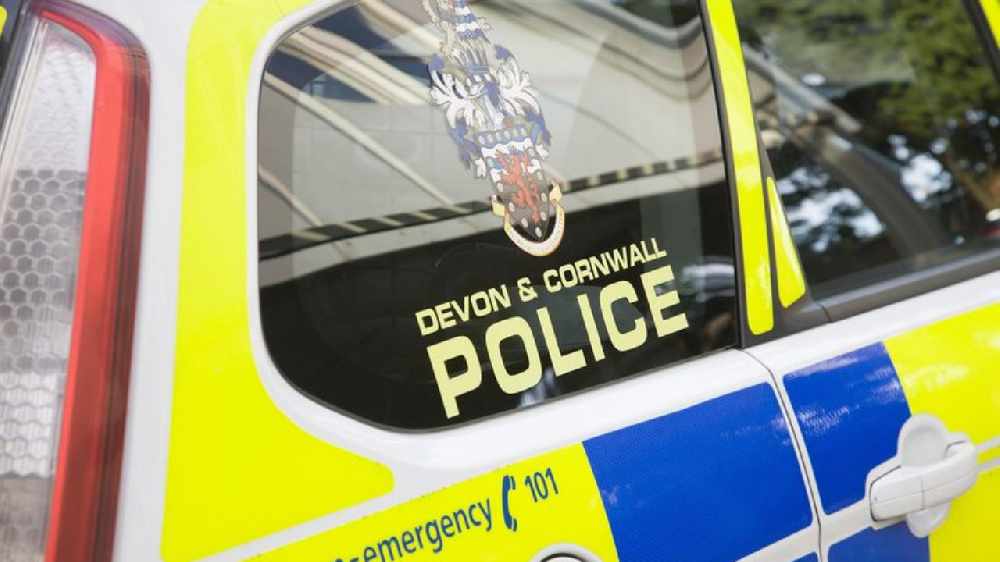 Man arrested on suspicion of murder in Exeter
Man arrested on suspicion of murder in Exeter
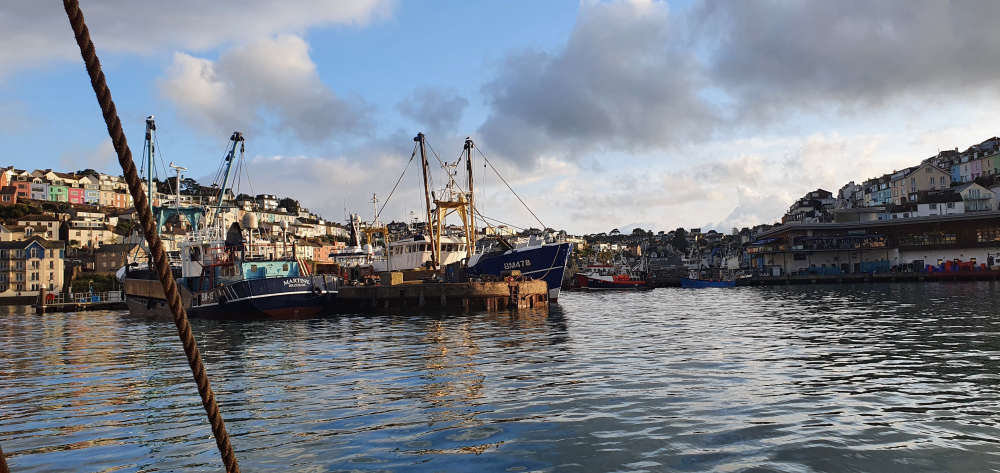 Brixham boil water notice mostly lifted
Brixham boil water notice mostly lifted
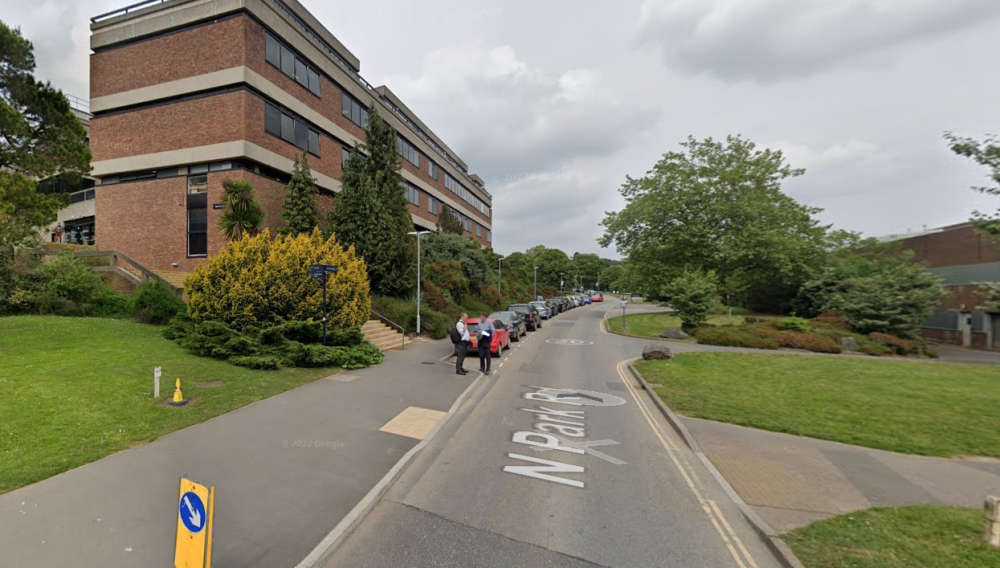 Devon secures 27 new medical school places as Health Secretary visits Exeter
Devon secures 27 new medical school places as Health Secretary visits Exeter
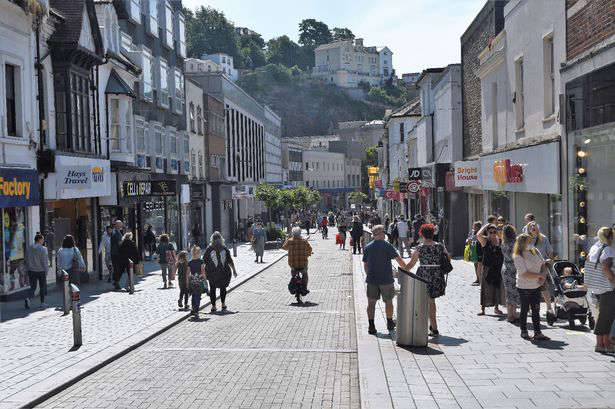 Tackling Torquay’s anti-social behaviour problem
Tackling Torquay’s anti-social behaviour problem
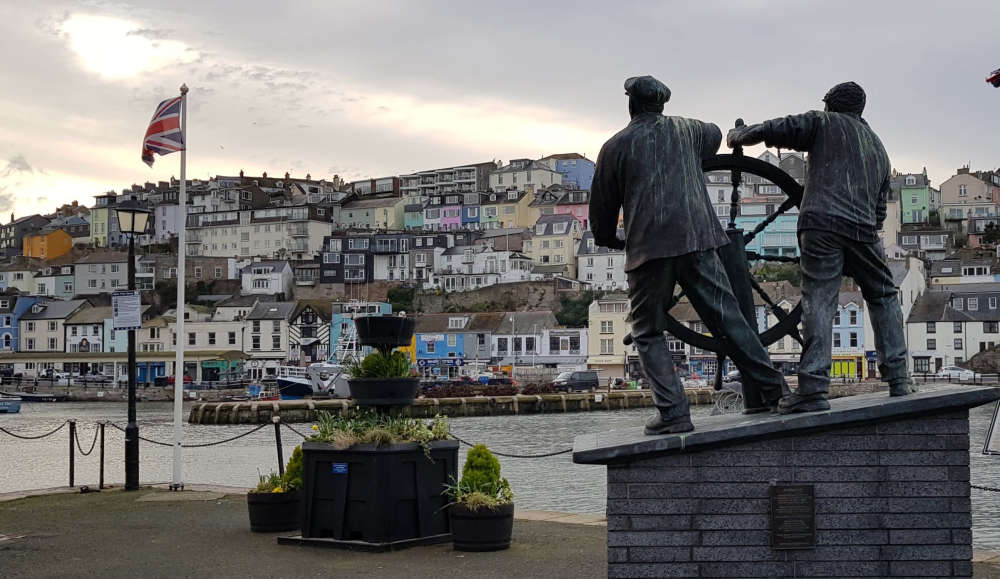 South West Water will have ‘very hard’ questions to answer, says Health Secretary
South West Water will have ‘very hard’ questions to answer, says Health Secretary
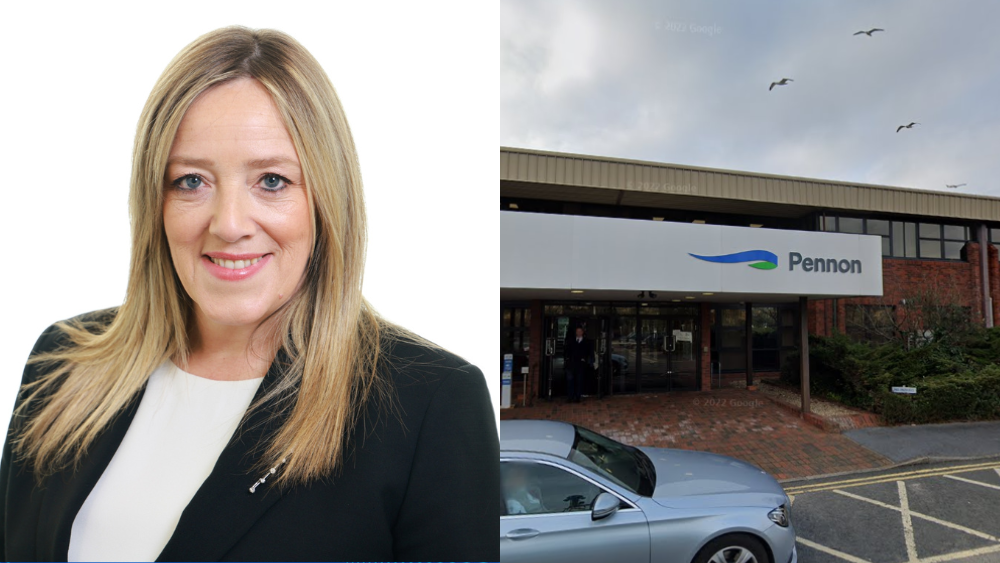 Water CEO apologises for contamination
Water CEO apologises for contamination
